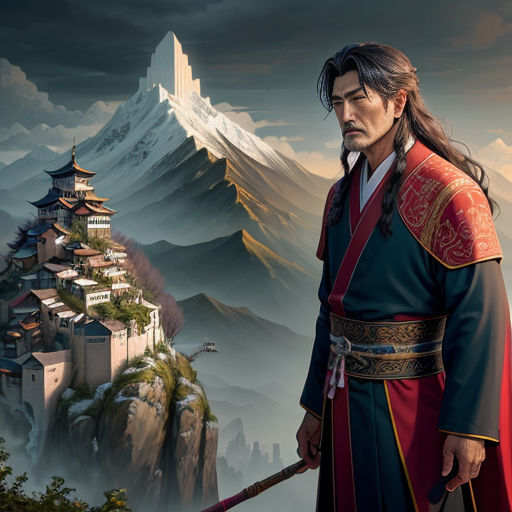
The Siege of Wei to Save Zhao
By Storybird

16 Sep, 2023

In the heart of ancient China, nestled between the towering mountains and winding rivers, lay the kingdoms of Wei and Zhao. The King of Wei, a greedy ruler, sought to expand his territory by swallowing up the smaller kingdoms around him.

Intent on conquering Zhao, the King of Wei amassed his army and laid a siege around the kingdom, cutting off all supplies and isolating Zhao from its allies.

As the city of Zhao began to feel the strain of the siege, the King of Zhao sought the wisdom of his trusted advisor, Guile. Known for his cunning and deep insight, Guile had a plan.
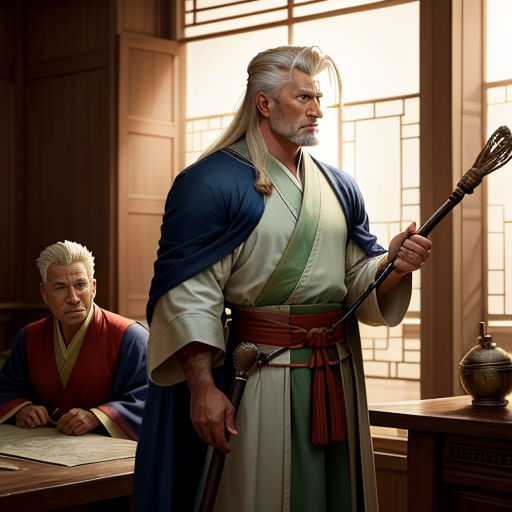
"Instead of confronting the enemy directly, we should divert their attention," Guile proposed. "If we can convince the King of Wei that his kingdom is under attack, he'll have no choice but to lift the siege."
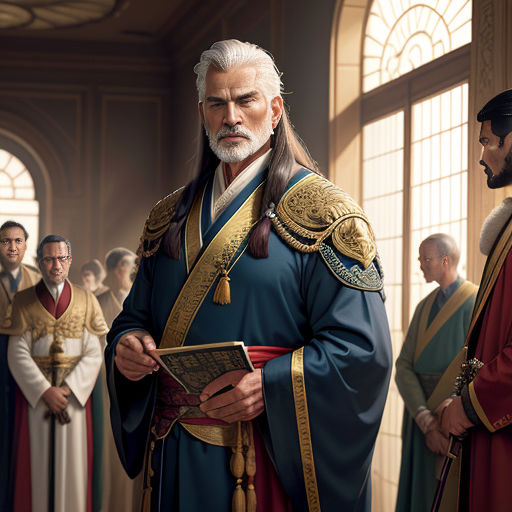
With that, they sent a false message to the King of Wei, claiming that a mutual enemy, the kingdom of Chu, was advancing towards Wei.
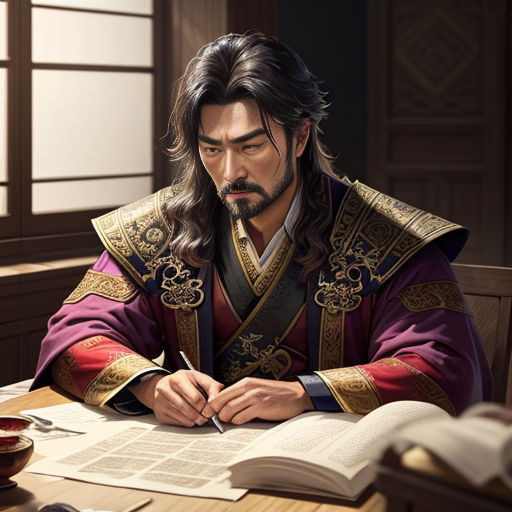
The King of Wei, believing the news, was caught in a dilemma. If he continued with the siege, he risked losing his own kingdom. But if he withdrew, he would give up the chance to conquer Zhao.
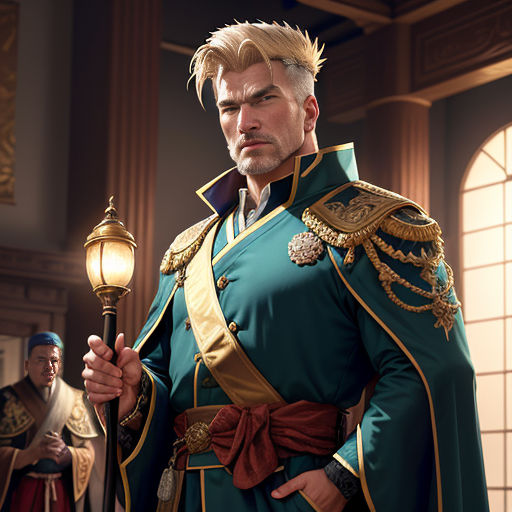
Guile, realizing the King of Wei's predicament, sent another message with a supposed 'neutral' messenger, suggesting that the Chu army was significantly stronger than the Zhao resistance.
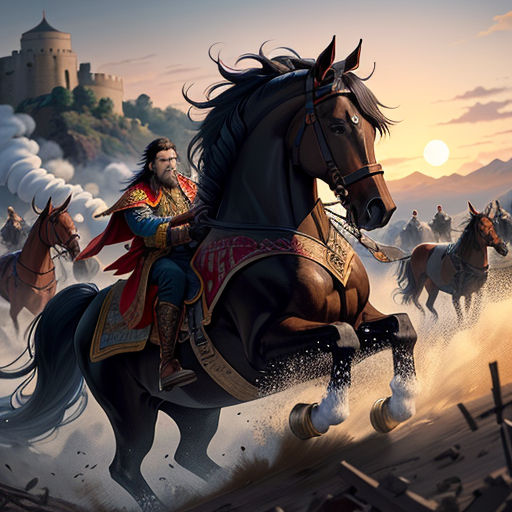
The King of Wei, fearing the loss of his kingdom, chose to abandon the siege of Zhao and rushed to defend Wei, leaving Zhao in relief.

As the army of Wei marched away, the people of Zhao rejoiced. They knew they had been saved not by weapons, but by wisdom and strategy.
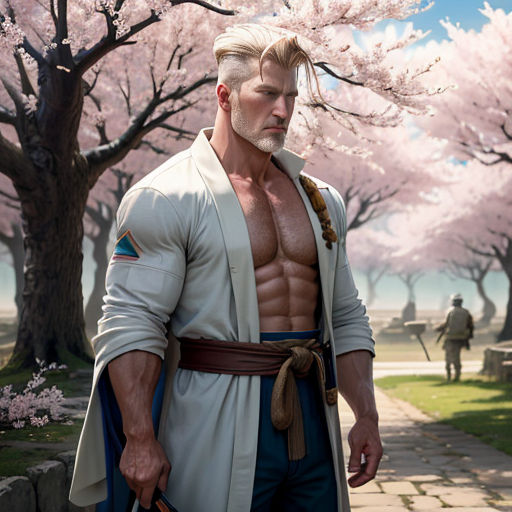
Guile smiled, his plan had worked perfectly. He had managed to save Zhao without a single drop of blood spilled. A true testament to the power of strategy over might.
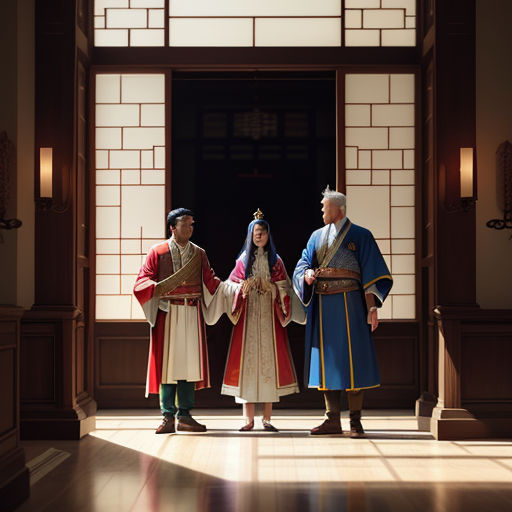
The King of Zhao was deeply grateful to Guile. He understood that their kingdom's power lay not in the size of their army, but in the wisdom of their people.
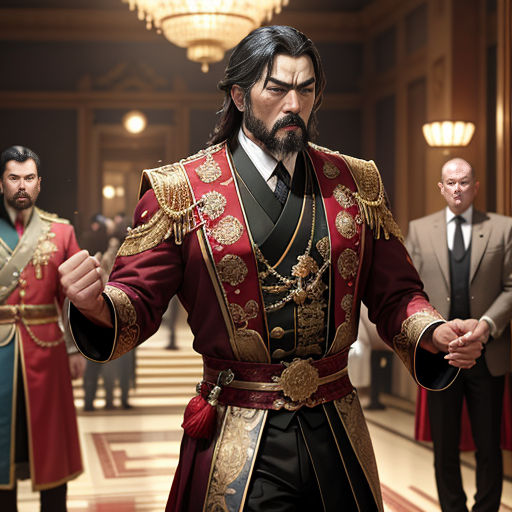
Meanwhile, the King of Wei, realizing he had been tricked, was seething with anger but there was nothing he could do. He had been outwitted and outmaneuvered.

The tale of how the siege was lifted spread throughout the kingdoms, becoming a story of wisdom overcoming greed and power. It echoed throughout time as a testament to strategy and insight.
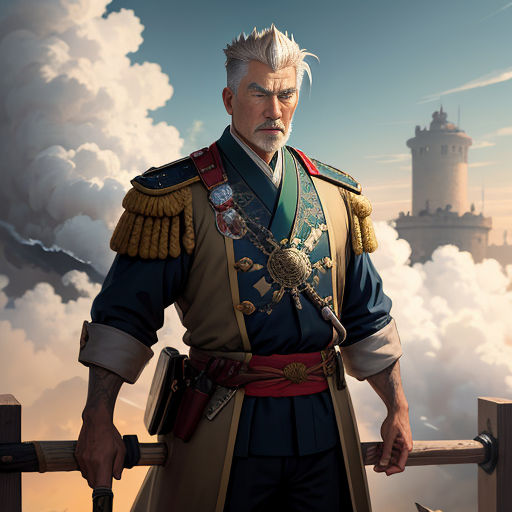
Guile's plan - to create an illusion of a crisis where none existed, thus forcing the King of Wei to abandon his siege - came to be known as the strategy of "Besiege Wei to Rescue Zhao".

That was but one of the famed thirty-six stratagems of ancient China; it was the second strategy, forever remembered for its ingenious implementation, clever diversion, and peaceful resolution.

The King of Zhao honored Guile for his wisdom and service. The people celebrated their victory, knowing it was the victory of their collective intelligence and unity.

Though no physical battle had been fought, the strategy had saved their kingdom. Such was the power of the strategy - it could win wars without any bloodshed.
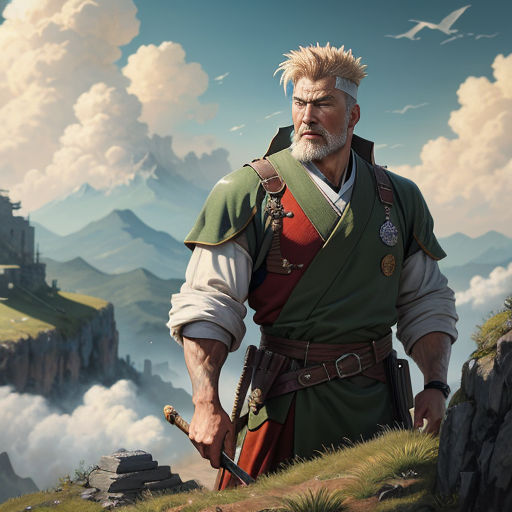
Guile's strategy of "Besiege Wei to Rescue Zhao" was a reminder that sometimes, cleverness can be much more potent than sheer power or aggression.
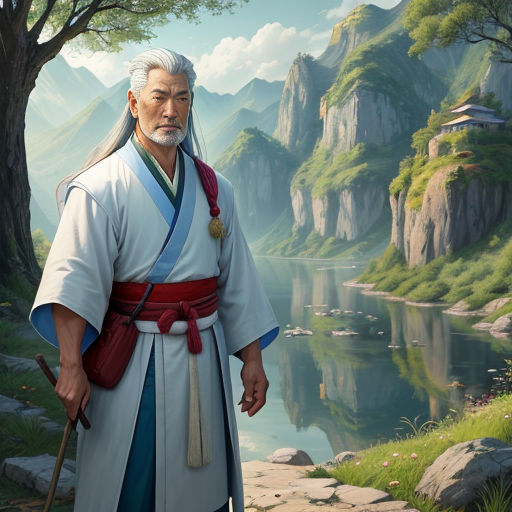
The people of Zhao lived in peace, cherishing their freedom and their wise leader. They knew they were safe under the watchful guidance and unmatched wisdom of Guile.
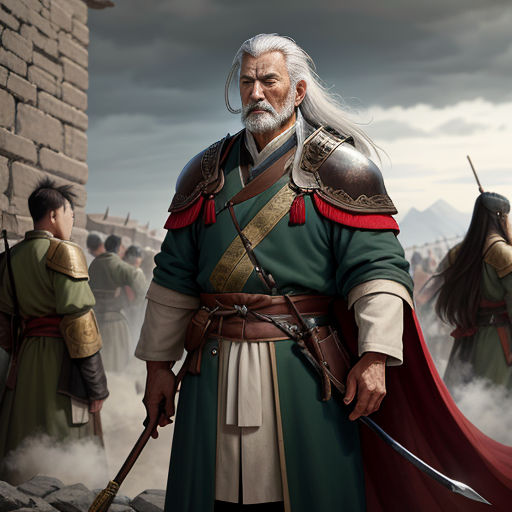
The story of the Siege of Wei to Save Zhao became a legend, a tale told over and over again, inspiring future generations of leaders and strategists.

And so, the Kingdom of Zhao flourished, its people content and its reputation spreading far and wide. Its strength, the strength of wisdom and strategy, was unmatched throughout the land.
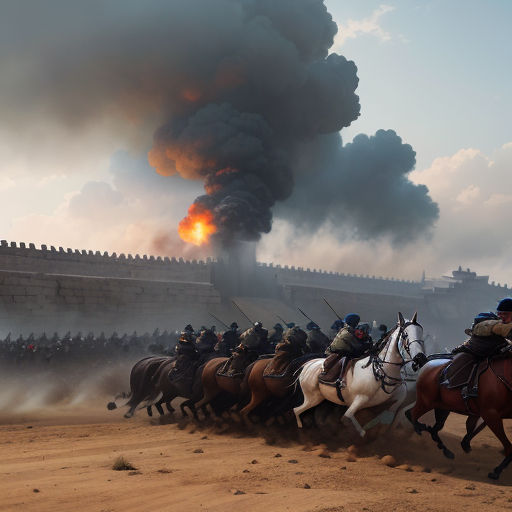
Through the ages, the tale of Siege of Wei to Save Zhao remained a shining example of strategic thinking, demonstrating the power of the mind over brute force.

The wise Guile served as an example that it was not always the strongest armies that won battles, but those who thought most cleverly and strategically.
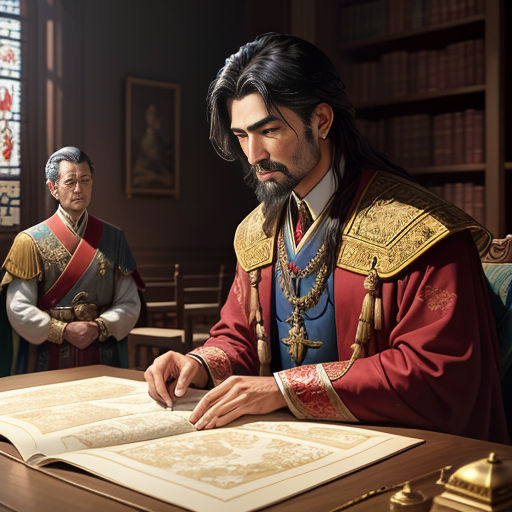
The Kingdom of Wei, on the other hand, carved a cautionary tale. It was a stark reminder that greed and over-ambition can lead to downfall, especially in the face of a smart opponent.

As time passed and seasons changed, the kingdoms evolved, but the story of strategy and sacrifice continued to be told as a pivotal part of the history of ancient China.
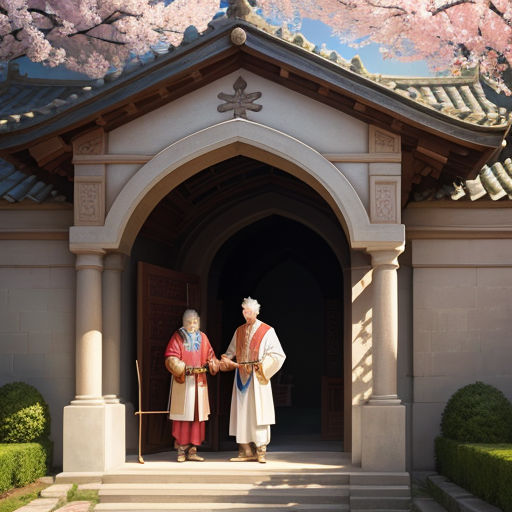
And so, the legacy of the wily Guile and the wise King of Zhao lived on, a testament to the power of intelligence over brute force, the spirit of unity over discord.
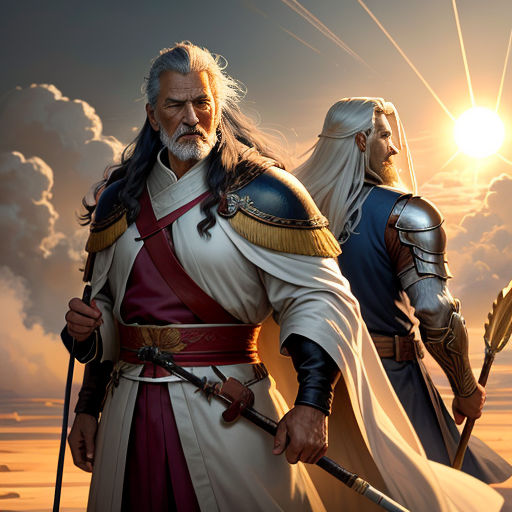
The tale of the Siege of Wei to Save Zhao was more than just a story. It was a timeless lesson about the strength of strategy and the importance of wise leadership.
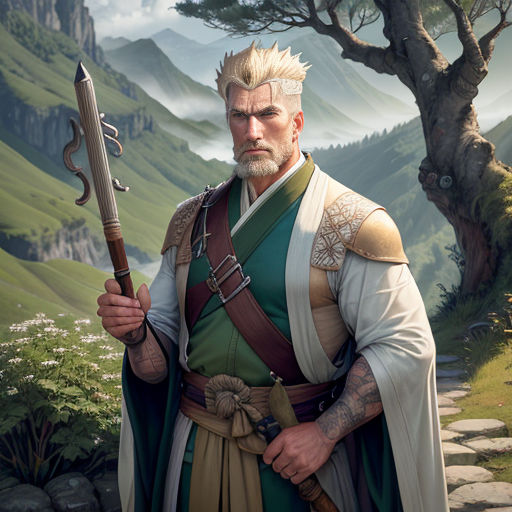
The story of the second strategy of the thirty-six stratagems is not only a piece of history, but also a guiding light for those who wish to lead with wisdom, tact, and a deep understanding of their enemies.

And thus, the story teaches us that true victory is not in conquering others but in understanding them, and using that understanding to create solutions that are beneficial to all.
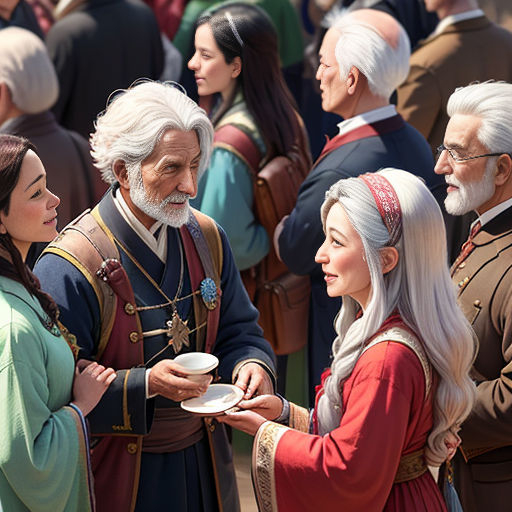
For in the end, just as it is in the beginning, the true strength of a kingdom lies not in its army, but in the wisdom and compassion of its people.

Through this tale, one could see how wisdom triumphs over power, and how peace is preferable to war. It was indeed a tale of strategy and sacrifice that echoed through the ages.
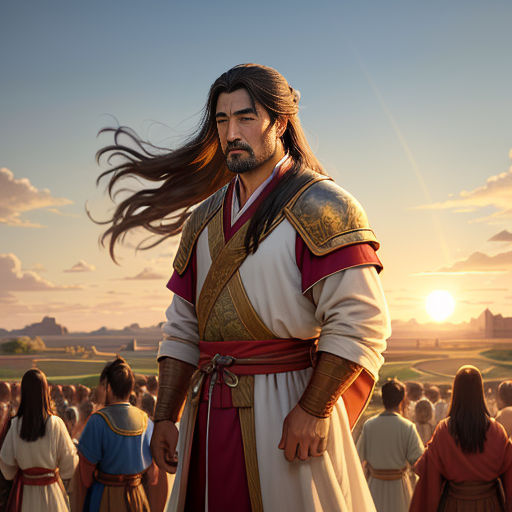
And so, as the sun set over the Kingdom of Zhao, the tale of the Siege of Wei to Save Zhao lived on, immortalized in the annals of history and in the hearts of the people.
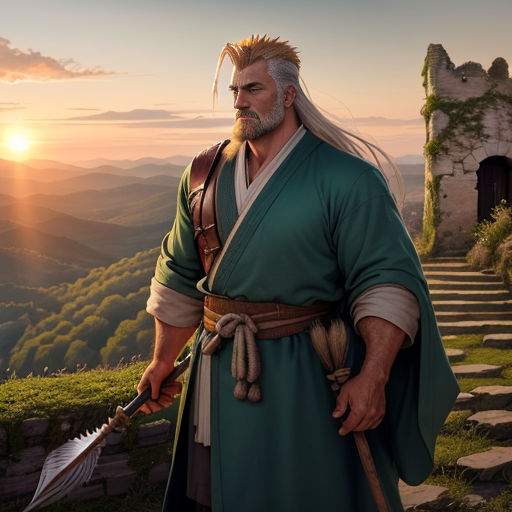
As the echoes of the past faded into the horizon, the tale of strategy and sacrifice endured, a testament to the cunning of Guile, the wisdom of the King of Zhao, and the resilience of their people.

The sun set on the Kingdom of Zhao, a symbol of peace and wisdom. A kingdom that had survived not by the might of an army, but through the ingenuity and wisdom of its people.
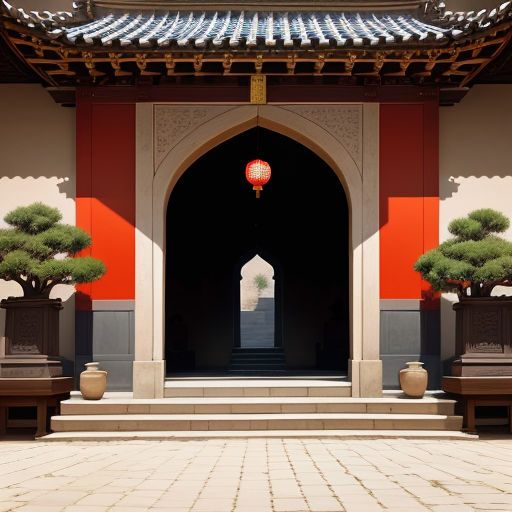
And so the tale ended, but its lessons lived on. The Siege of Wei to Save Zhao, a story of strategy and sacrifice, continued to inspire, teaching generations that wisdom and unity can overcome the greatest of foes.